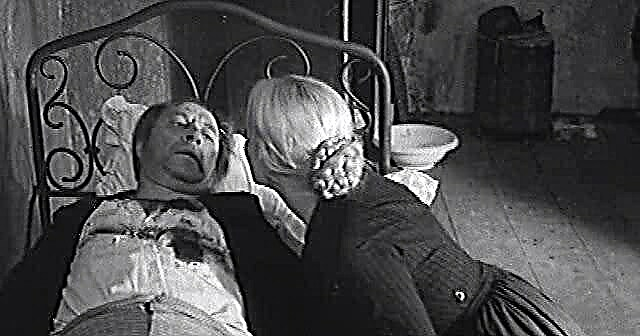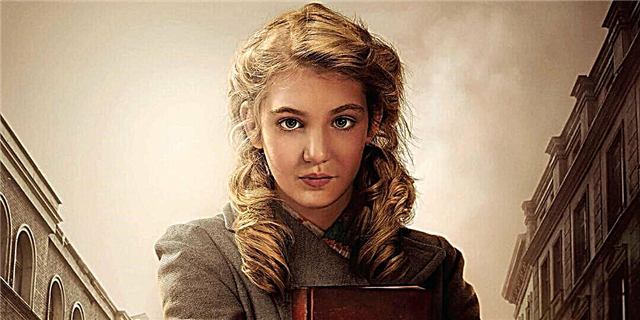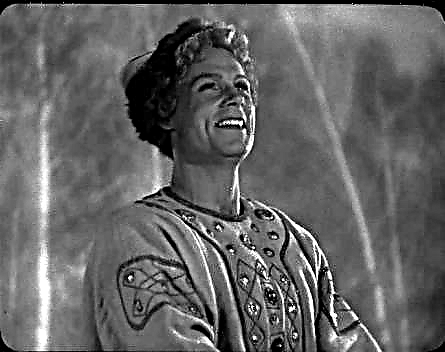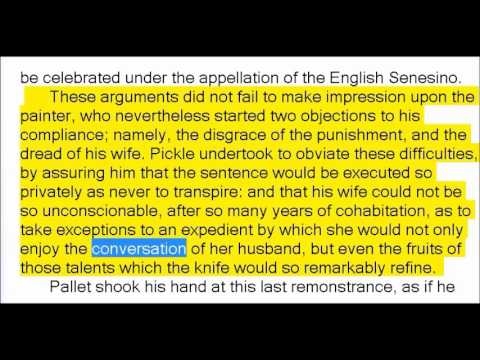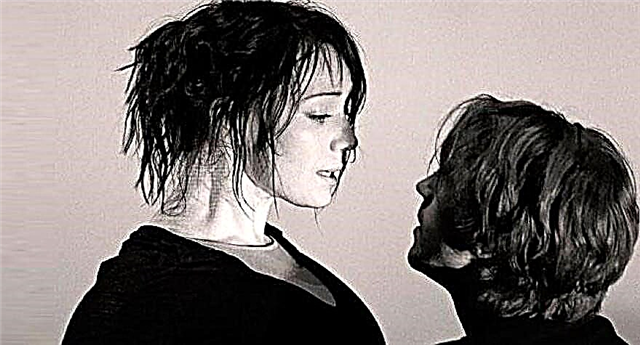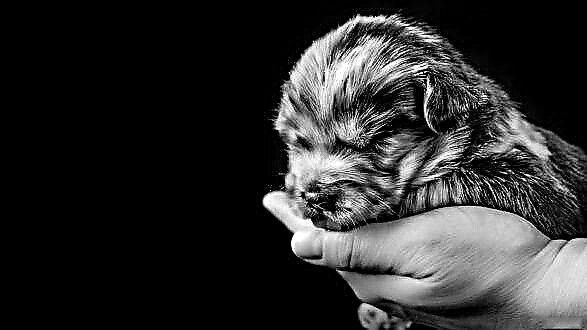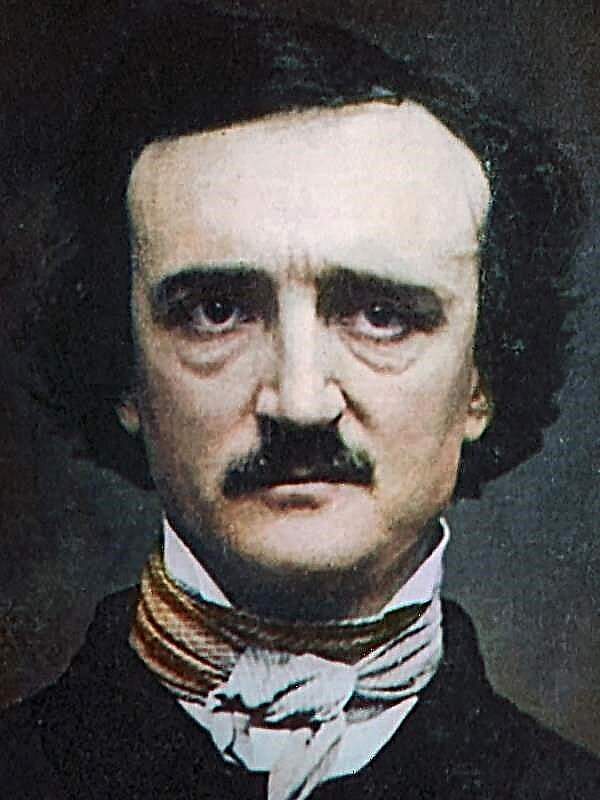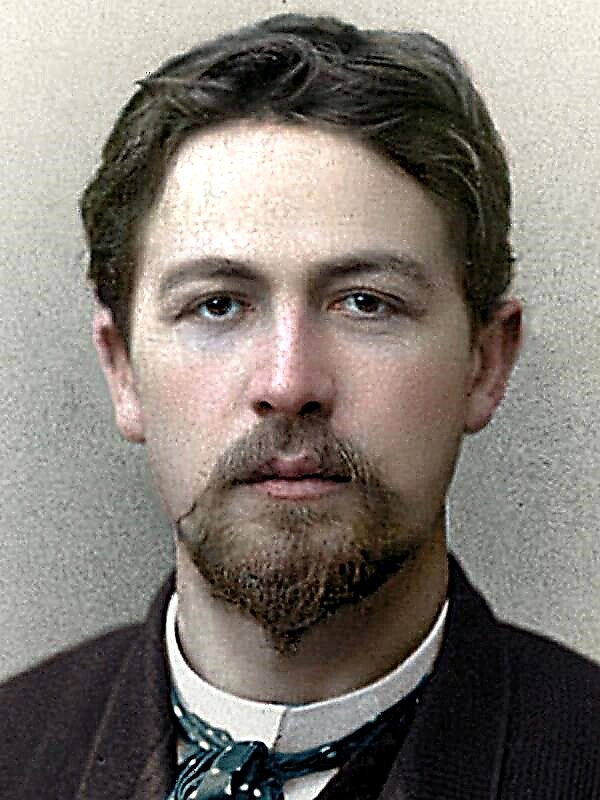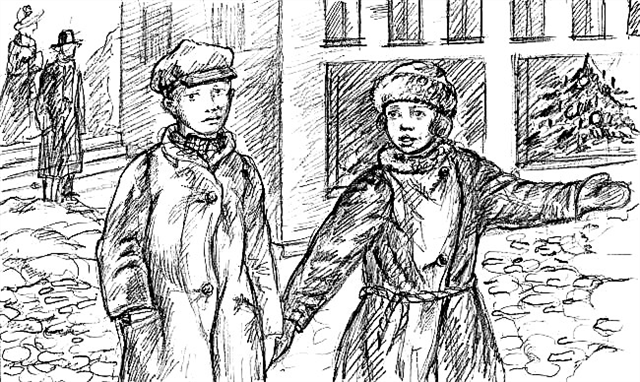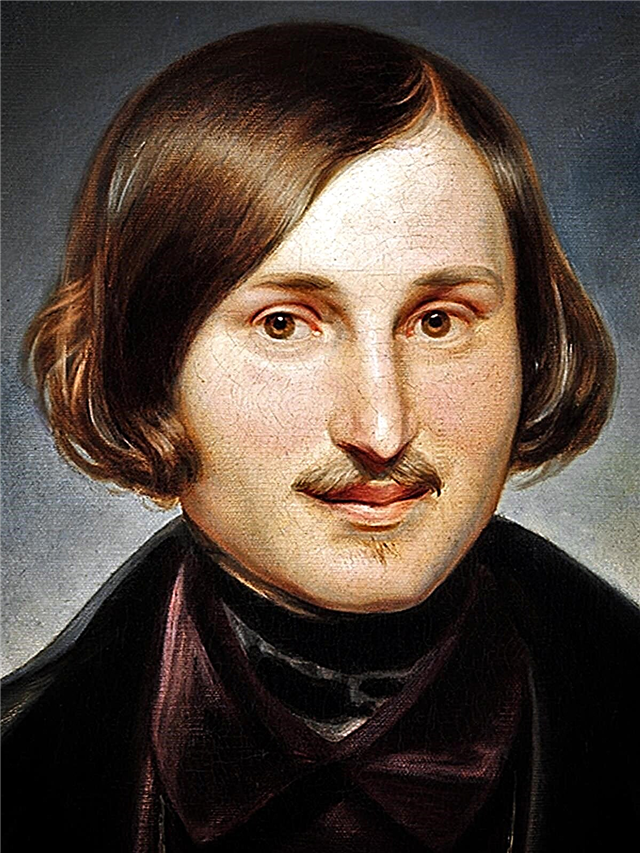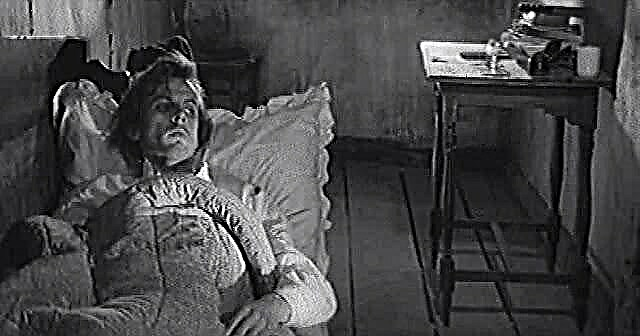“Return” is one of the most striking stories in the work of Platonov. This is a story about the life of a simple Russian family with the surname Ivanovs, who go all the hard way of the war.
At the very beginning of the story, the author introduces us to the main character of the story - this is the head of the Ivanov family, just demobilized from the army, Alexei Alekseevich. Platonov lets us know that this is a very honest and courageous fighter, he rose to the rank of captain of the guard in the army and enjoys great respect among his fellow guardsmen. Moreover, in the story there is a fragment with wires that tells us that Ivanov even feels a kind of longing for his camp life, the army has become his family for many years, and by all means, though unconsciously, he delayed his return home, where he waiting for a wife and two children. Thoughts of returning do not please the hero, he seems to be straining internally with memories of the house, he does not know at all what he will do after arriving home, as if having forgotten all the joys of a peaceful life. The war is over, but our hero still feels uneasy, because of this, in his thoughts he increasingly recalls his girlfriend in wartime - the girl Masha, who, like him, froze in fear of a suddenly opened future, and held her breath in front of the unknown , unable to move.
When Alex returns home, his fears are only confirmed. The feeling of alienation is becoming unbearable, he sees more and more reasons to separate from the family. He learns about his wife’s betrayal, and this becomes the reason he uses to leave his house, which seems so alien to him, where he felt so unnecessary and inappropriate.
But thoughts about his family and children haunt him, the hero rushes around and does not know what decision to make. He understands that he himself was not completely honest with his wife. The years spent in the war changed him so much that he was not ready to meet a new, peaceful life. The hero feels powerless.
But, fortunately, closer to the end of the story, Ivanov still finds a way out of the situation. He sees his future in children, who become that bridge between him and a peaceful life, which he begins to gradually study again. Children give his life a new meaning and destroy the barrier of his pride, exposing the true soul of a hero who yearned for love.
If we consider the character of the heroine Lyubov Vasilievna, the wife of Ivanov, you can see with what depth and compassion the author describes him. Her actions cannot be viewed with prejudice. This woman steadfastly endured all the hardships of war, a lot of troubles and sufferings fell on her. But she remains a faithful and loving wife, no matter what. Ivanova is looking forward to the return of her husband, sincerely loves him. This woman worked hard and hard throughout the war to support her family and two children. She showed all her strength and endurance, steadfastly enduring all the troubles and at the same time without losing hope for the best.
Her repentance of weakness and sincere confession to her husband only arouses respect among the reader, because she did it only in a moment of despair and fear and sincerely repents and wishes forgiveness. With all the pain she exclaims: “Alyosha, forgive me!”, And the reader’s heart is compressed at this moment, we involuntarily empathize with her and understand her. She feels the most pure and selfless love for her husband and children.
The most powerful and dramatic of Platonov are the images of children who, at their young age, had to endure the unthinkable even for an adult. They were deprived of childhood, they knew deprivation and need. The oldest son, at 11 years old, had to shoulder the burden of responsibility for his mother and sister. The boy feels like an older man in the house and tries to help his mother. His look is gloomy and displeased, he himself does not at all look like a child, rather like a small adult. But the author lets us know that in the heart of this boy there is still room for wisdom and love. He protects the mat at the time of the quarrel and, until the last, fights for the reunion of his family, desperately rushing to pursue the departing train. His sister, the youngest daughter, Nastya, even despite her young age, supports her brother as much as she can and comforts her mother with all her might, tries to help her.
The image of Semyon Evseich becomes also symbolic, which becomes a real friend for the Ivanov family. He lost his family and with all his might strives to regain it, rejoicing even to those crumbs of happiness that he sees from others. Semyon - the personification of single Russian soldiers who returned to war in empty houses.
Thanks to the multifaceted images of his heroes, Platonov wants to show us the full burden of the post-war years. The pain from a past war, which will haunt people for many years to come, may be worse than she herself. People who survive the war will have to literally rebuild their lives from the ashes, to prove first of all to themselves the right to happiness, love and forgiveness.

